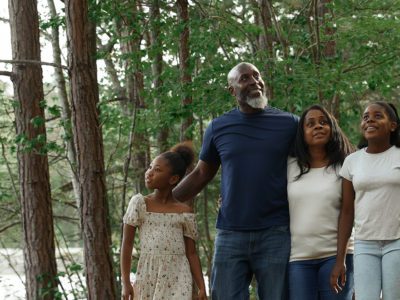Preparation Tips to Teach Bible Studies for Life: Kids
By: Kimba Campbell Teachers play a pivotal role in shaping the spiritual growth and understanding of children. Each session is an opportunity to …

By: Kimba Campbell Teachers play a pivotal role in shaping the spiritual growth and understanding of children. Each session is an opportunity to …

One of the easiest ways to help kids develop the spiritual discipline of Bible reading is to encourage them to create a Bible Reading Journal. Check …

If writing on your skin with a Sharpie is bad for you, I may be headed in a bad direction. I have developed a habit of writing Scripture references in …

By Brooke Hill I’m a big-time planner. In fact, I keep my very filled-out planners from college so that I can look back and reminisce about all the …

By Sarah Humphrey One of the best ways to help kids learn something new is by teaching a short lesson and then following through with a practical …

By Kayla Stevens This September make a plan to read the Bible with your family. Read and study select passages from 1-2 Peter and encourage your …

By Ravin McKelvy I have many fond memories of midweek youth group growing up. Memories of lively games, worship, Bible study, and small group …

We all like things that are easy. The only evidence we need to support this claim is that they put peanut butter and jelly into the same jar for us. …

By Alyssa Jones As summer winds to a close and your family prepares for a new school year, create opportunities to intentionally engage your kids. …

By Alyssa Jones Make a plan to read God’s Word with your family in June. This month, read selections from the Gospels and Acts. Read in the morning …

By Sarah Humphrey Several days a week, I sit down with our kids to teach a devotion for our “family style” portion of school. We sit at the kitchen …

While Explore the Bible: Kids is a great tool for kids and teachers alike, sometimes it’s time for a bit of a change. With our unwavering emphasis on …
